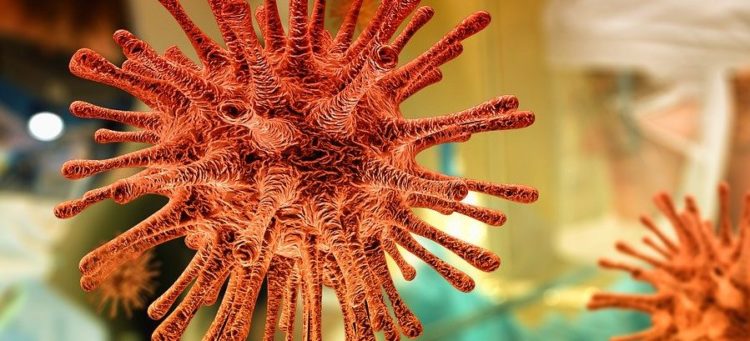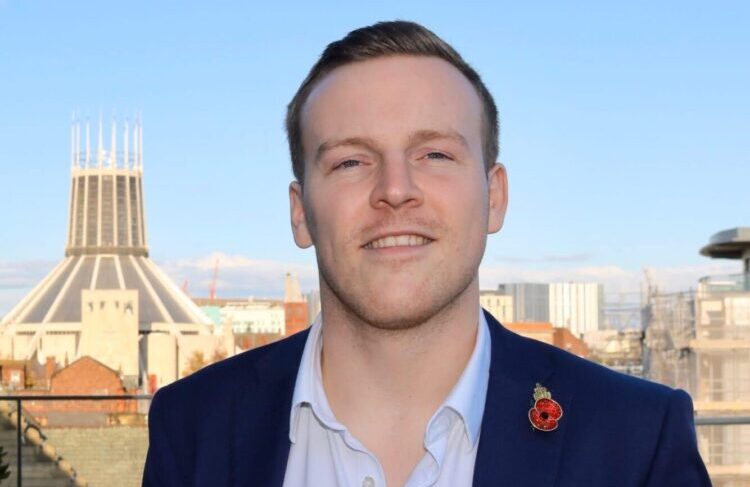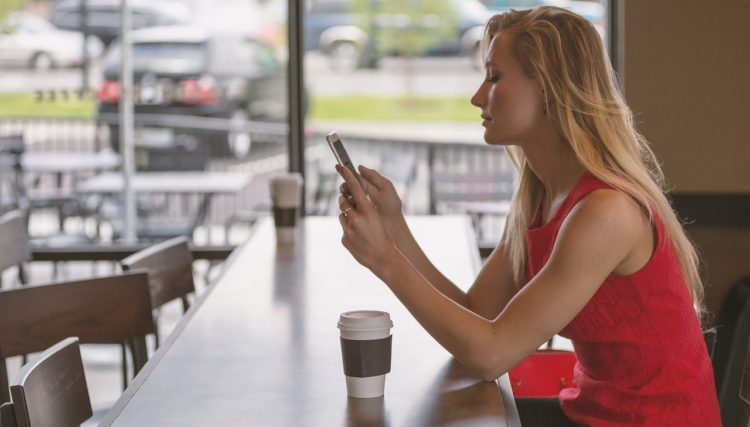People, not tech, are key to fighting COVID-19
Jonathon Clark, business and technology manager for Activate at LJMU, writing on behalf of ProCreative, Professional Liverpool’s specialist group, on the dangers of over-reliance on tech in the battle against coronavirus

“It’s okay, tech will save us” might just be one of the most dangerous assumptions in modern society, ranking closely behind its sibling “somebody else is probably already doing that”.
The coronavirus pandemic has seen the media temporarily halt its death throes in order to help the public fixate anxiously on daily statistics and minutiae – the most recent of which is the process by which countries move out of lockdown.
The easing of restrictions imposed by governments on their people will be welcomed by many (though not all). The recent backlash against Dominic Cummings’ breach of what is really a new social contract to which we all temporarily hold each other, is an indication of just how difficult many find such measures.
At the very least, it has increased the likelihood of hearing your manager say ‘unprecedented times’ and ‘a new normal’ to help you in your daily Zoom buzzword bingo game. In a much more serious and sombre sense, for many people it has meant missing the last moments of their loved ones’ lives.
A key part of coming out of lockdown will be the ability of health authorities to test, track and trace infected people. This involves people experiencing symptoms declaring this to a central authority or agency, who can then re-trace where that individual has been and who may have encountered them.
Central to most of the planning in Government efforts around the globe has been the use of various mobile apps so that people can self-declare at speed, and other people with the app who have been in their vicinity can be alerted to the fact they have been near an infected person.

The UK has opted for a centralised model upon which prospective apps must function – like in Norway. This means a central database under the control of health authorities is constantly updated, which then alerts individuals to potential contact with the infected from this central hub.
This is in contrast to a decentralised model where individuals’ phones download a database, process interactions and generate warnings themselves, cutting the central health authority server-side processing out of the process.
The difference in approach is not in itself a problem, although privacy campaigners have highlighted the inherent risks that come from a central authority collecting sensitive personal information about people and keeping it on record.
NHSX, the government body tasked with driving forward health technology adoption, has stated that the benefits of authorities being able to see the proliferation or eradication of the virus through infected persons daily contact with other people is a fundamental advantage over decentralised methods.
They point out that an ethics committee has been established to provide oversight and guidance for the contact tracing effort, and that all identifiers sent between your phone and the central database are anonymised to enhance the level of privacy.
Despite 40% of its population downloading their Coronavirus-tracing app, Icelandic health authorities have stated the app made little difference in the fight against the virus.
South Korea, one of the most successful nations in the fight against Coronavirus, has not used a contact tracing app at all. Admittedly, however, many of the methods they have used in its place would not win any points with privacy campaigners.
CCTV, credit card information and mobile phone geolocation tools are all fair game for use by the South Korean state. All of these tools help authorities understand where an infected individual has been and who they have come into close contact with so that these people can be contacted and made to isolate.
This is where the now infamous ‘R’ number comes in: if an infected person passes the virus on to more than one person, the R value rises to above 1 meaning the virus is increasing in prevalence. Below 1, it is being contained.

For Liverpool in particular, the stakes could not be higher. We have had, historically, some of the worst health outcomes in Europe as well as low levels of digital connectivity and literacy. Add to the mix an inherent distrust of authority stemming from a string of significant events in recent history, and the dilemma facing civic leaders here could not be greater.
Each day that passes where large portions of our economy are shut edges the city back towards unemployment and business failure. Yet, open too soon or without adequate precautionary measures and the fuse could be lit on a public health powder keg, necessitating a further lockdown that might cripple us for many years to come.
Serious security flaws were found in the trial of the app on the Isle of Wight, including weaknesses in the registration process that would allow a malicious individual to spoof the system into thinking there were outbreaks where there were not.
In bottleneck areas such as the Mersey Tunnels, car parks or bridges, traffic congestion could potentially give rise to false positives.
We have already seen this with public opinion towards lockdown shifting overtime and I suspect everybody reading this can reel of a list of people who they have seen on social media effectively ‘giving up’ with social distancing. We are, as we all too often forget, only human.
Technology is an engine. It is not a steering wheel. It can shine a light upon the answer to the questions we pose – but we are required to ask the right questions.
My personal hunch is that the results drawn from contact tracing apps will look excellent in research papers months and years from now, but the effect may actually be quite minimal in the real fight right now on the ground.
As is the case with so many things in our fast-moving world of bits and bytes still, it will be many hours of sweat equity undertaken by real people committed to a great cause which finally quells this very real, and unfortunately for some very deadly, disease.
If you are interested to know more about Professional Liverpool, or the Creative, Digital and Technology Specialist Group, then contact Alex Clark on al*******@*******************ol.com or call 0151 236 6084.

